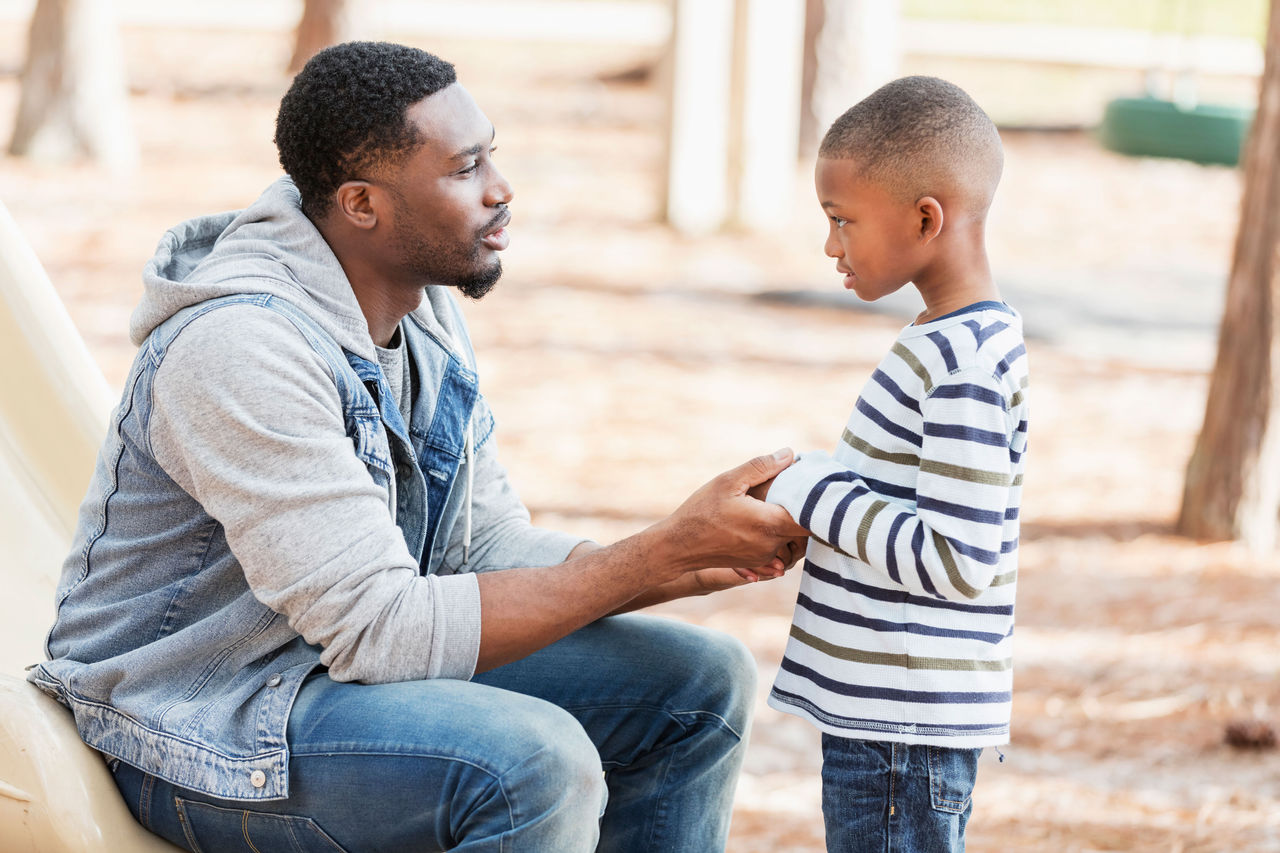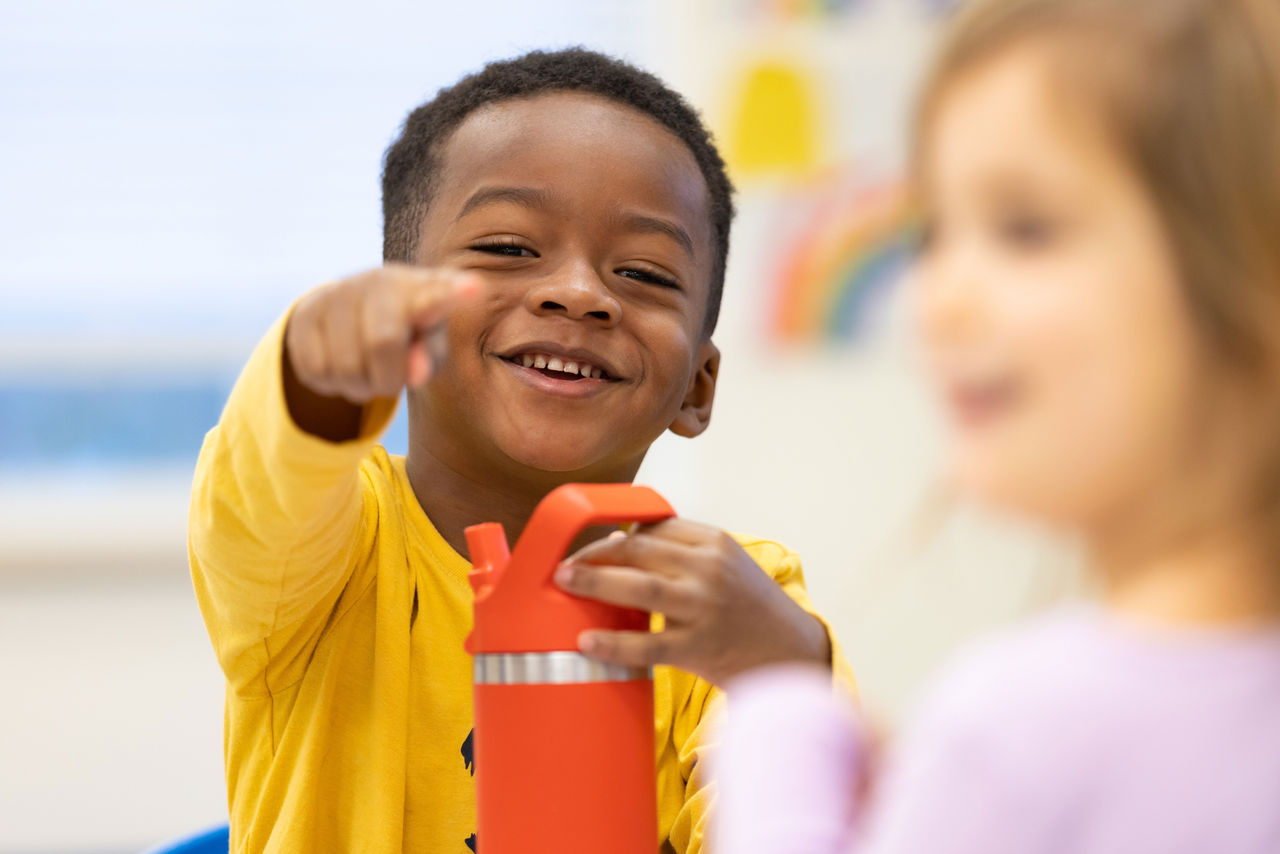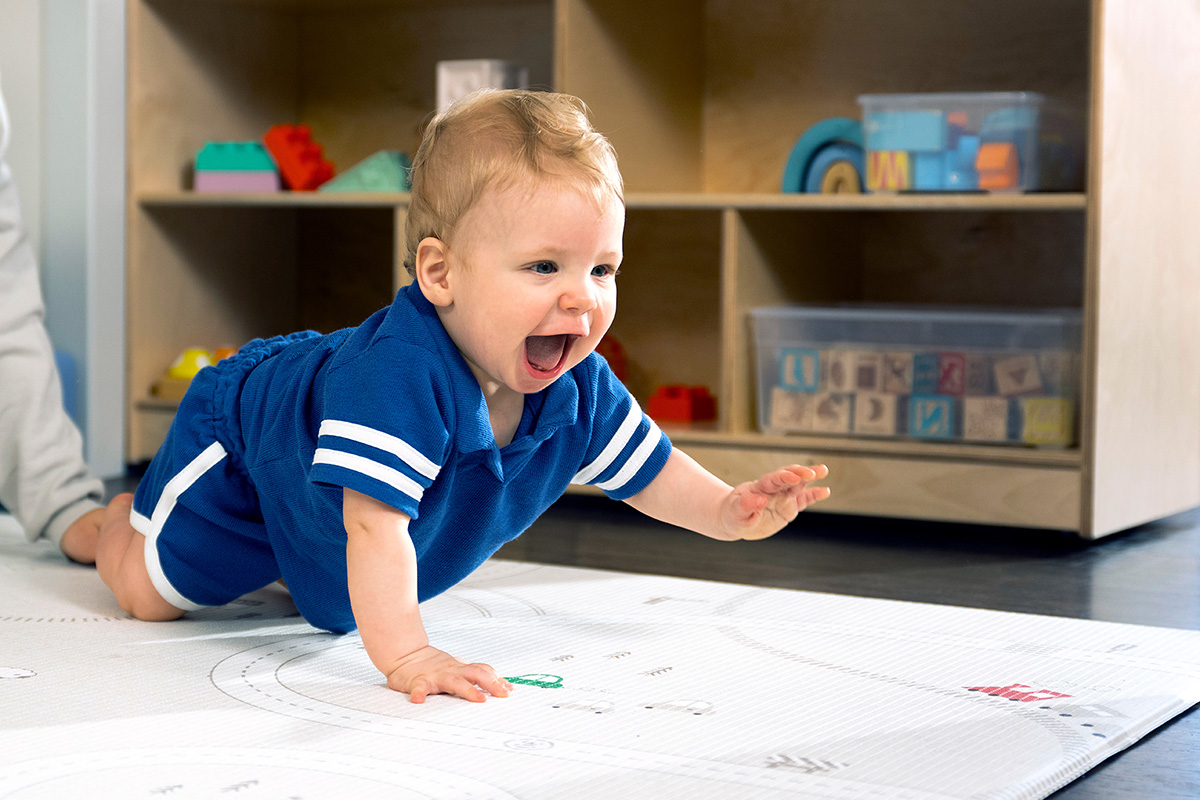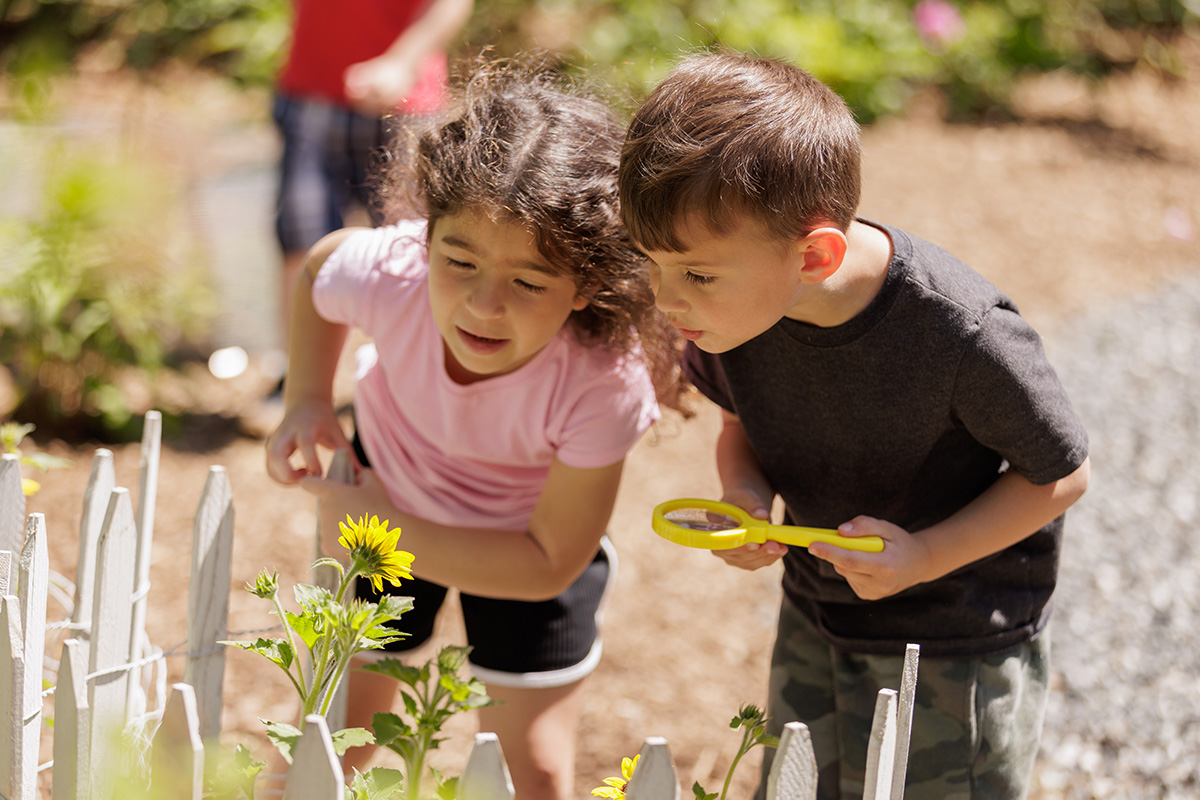In today's world, it's unfortunately not uncommon for children to be exposed to tragic events such as natural disasters, acts of violence or even the loss of a loved one. As parents and caregivers, it's important to have strategies in place to help children cope with these difficult situations. Dr. Kyle Pruett offers some effective ways to support children through times of tragedy and help them process their emotions in a healthy way.
- Limit screen time to non-news coverage programming for your young children. TV, smart phones and tablets all have ability to deliver startling images of running, screaming, terrified children that will bring the trauma very close to your child, no matter how far away you may live from the tragedy.
- Children are quite sensitive to their parents’ emotions even in good times. In worrisome events, they are especially sensitive. If they overhear a conversation and want to know what’s up, keep it simple, to the level of their developmental understanding. Less is more, so be guided by their questions. If they ask you if you are upset or worried, be honest, but brief, and then reassure them that you will be fine, and feelings are important to figure out, and that talking helps.
- Gather your friends and family close. You could use the support yourselves, and then you’ll have more resources to share with your children.
- Get rigorous about your favorite routines and rituals during the scary times. The predictable is especially reassuring when the unpredictable is so scary.




